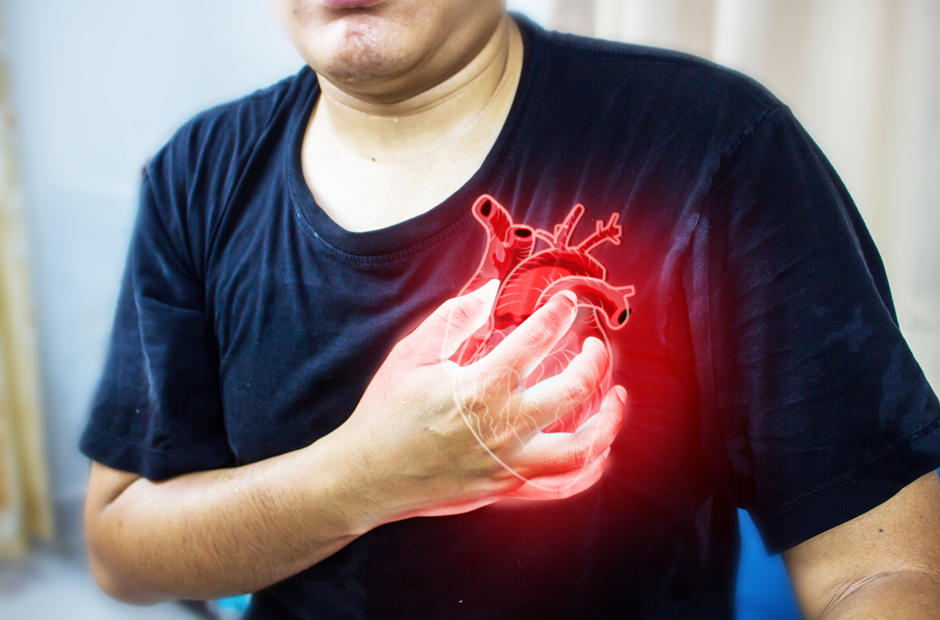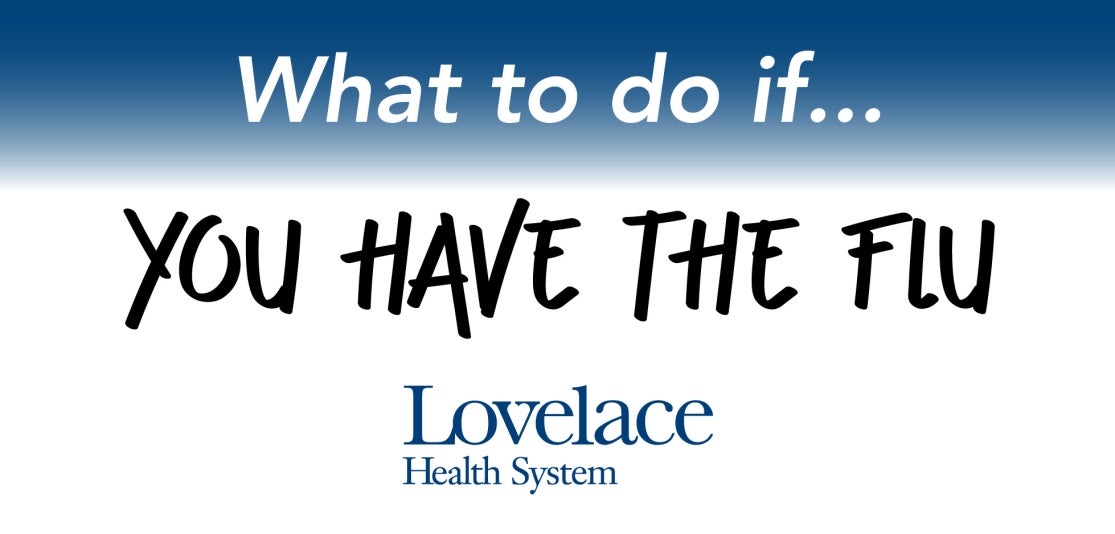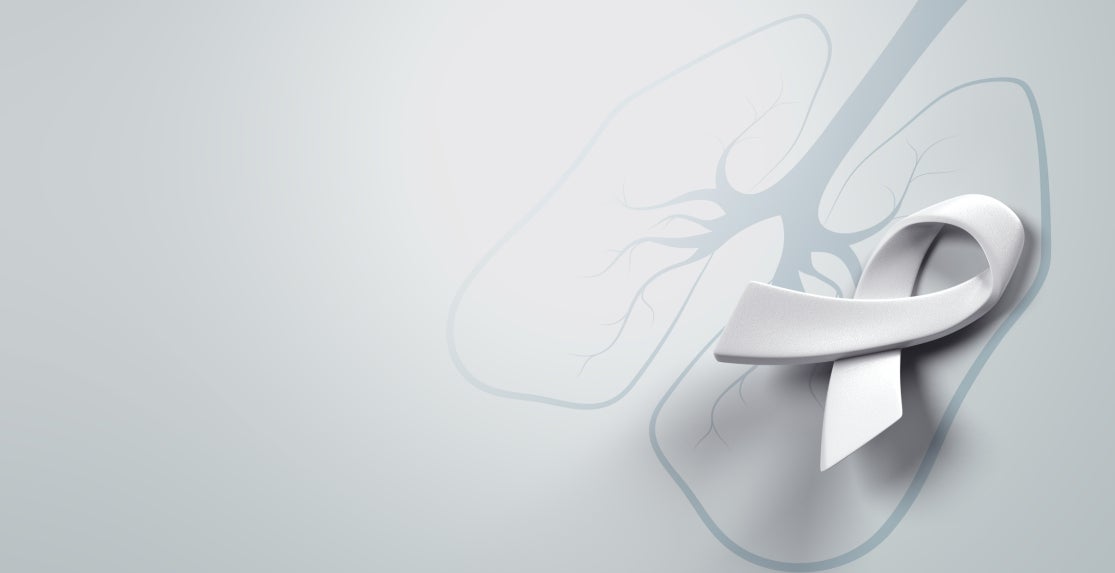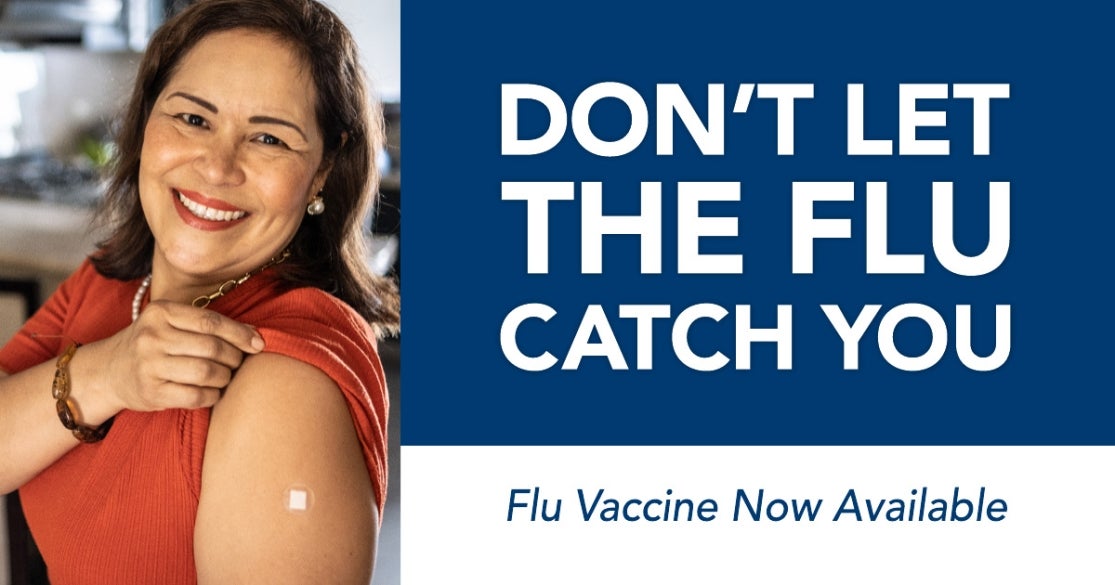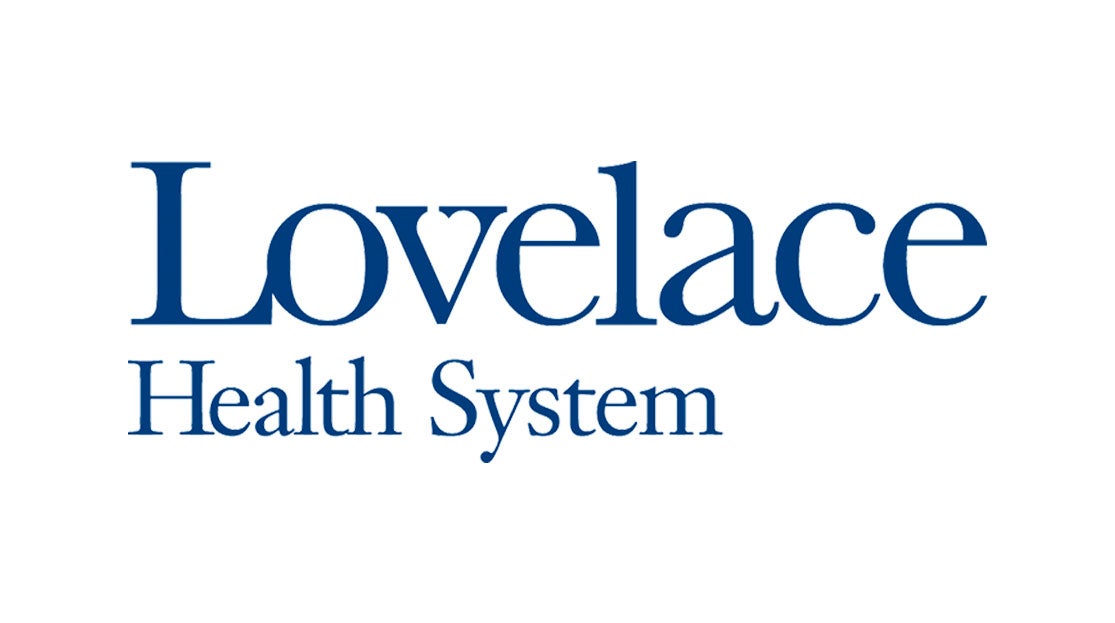

- Find a Doctor
- Services
- Locations
- Hospitals
- Lovelace Medical Group Clinics
- Outpatient Rehabilitation
- Lovelace UNM Rehabilitation Hospital
- Lovelace UNM Outpatient Rehabilitation – Jemez
- Lovelace UNM Outpatient Rehabilitation - Rio Rancho
- Lovelace UNM Outpatient Rehabilitation – Santa Fe
- Lovelace Outpatient Rehabilitation - Westside
- Lovelace UNM Outpatient Rehabilitation - Wyoming
- Lovelace Women's Hospital Outpatient Rehabilitation
- Lovelace Regional Hospital Outpatient Rehab
- Lovelace UNM Outpatient Rehabilitation - South Coors
- Lovelace UNM Pain Clinic
- Lovelace Medical Group
- Classes & Events
- Resources
- Price Transparency
- Documents
- Good Faith Estimate
- Health Professionals
- Insurances Accepted
- Medical Directives
- Medical Record Request
- Medicare Resources
- MyChart
- Native American Patients
- Patient and Visitor Information
- Patient Complaints & Concerns
- Preparing for Surgery
- Surprise Billing Protection
- Chronic Care Management
- Authorizations
- Safety Practices
- News
- Videos
- Contact Us
- Careers



